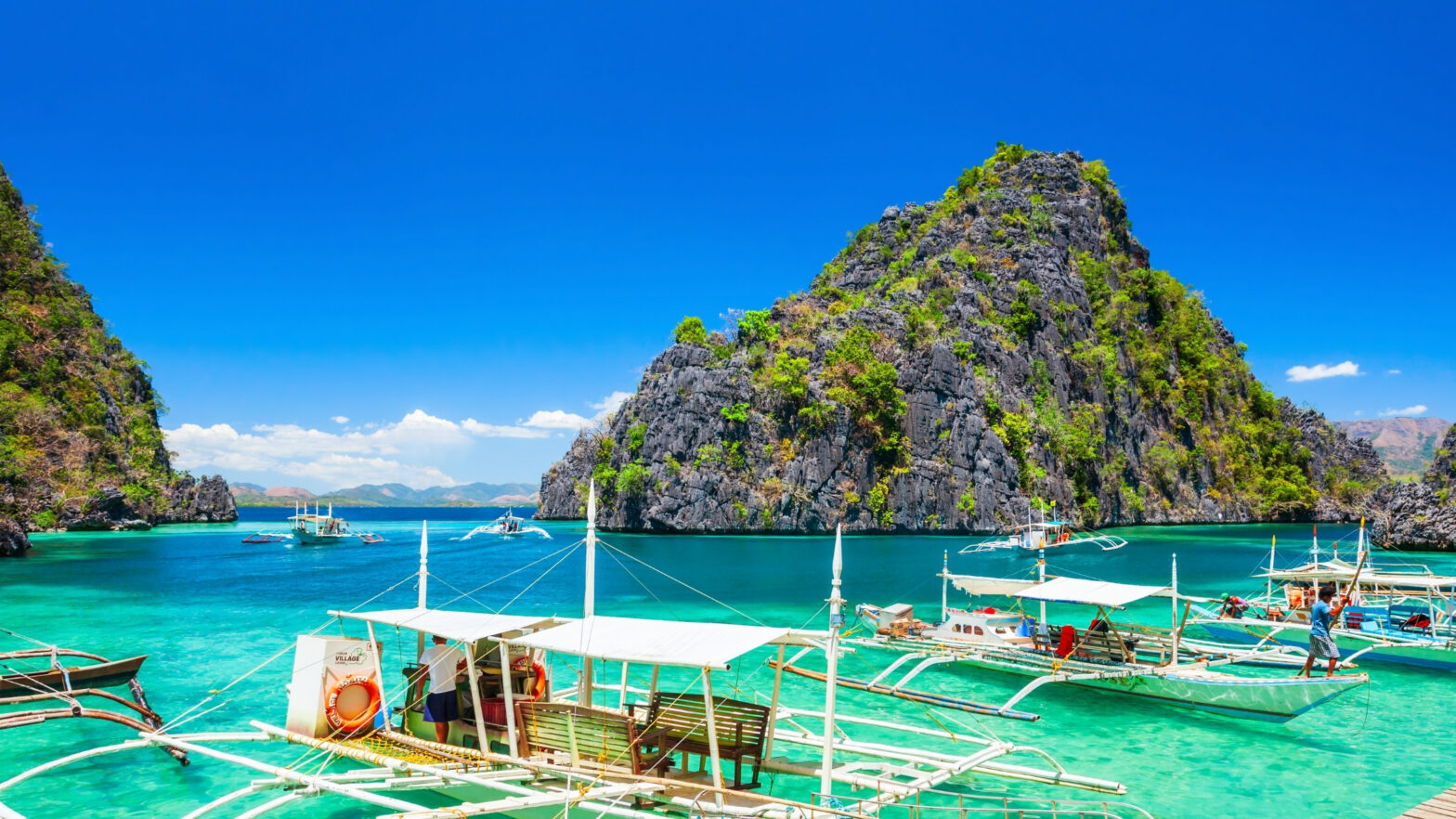Travelling to the tropics offers the promise of blue seas and sandy beaches, lush landscapes and vibrant cultures. The tropical environment also presents unique challenges best matched by careful preparation. Here are ten travel advice tips that will help you enjoy your trip to the tropics and get the best out of your holiday.
1. Understand the Seasons
Tropical regions usually have distinct wet and dry seasons. The dry season offers more predictable weather and less rain. The wet season can bring heavy rainfall and storms. Rainy season holiday are usually cheaper, but there may be a price to pay in terms of weather. Research your destination and plan accordingly.
The wet season can vary in intensity and duration depending on the region. In Southeast Asia, for example, the monsoon season can bring daily heavy showers and high humidity. In the Caribbean, the hurricane season runs from June to November. It’s essential to check historical weather patterns and current forecasts. Travel insurance that covers weather-related cancellations is a wise choice.
2. Key Travel Advice: Respect the Heat
Travel advice is often common sense but just because it’s ordinary doesn’t mean it matters less. As a tropical traveller, you’re near the equator. Sunlight is more direct and stronger. Use a high Sun Protection Factor (SPF) sunscreen, wear hats and sunglasses, and seek shade during the hottest times of the day.
Extended exposure to the sun can lead to severe sunburn, heat exhaustion, or even heatstroke. Sunscreen should be reapplied frequently, and after swimming or sweating. Wear loose-fitting, light-coloured clothing to keep you cooler and reflect sunlight. Be aware of the signs of heat-related illnesses: dizziness, nausea, and excessive sweating or a sudden failure to sweat. Seek medical attention if needed.
3. Manage the Humidity
High humidity levels can make it difficult to sweat and cool down. Stay hydrated by drinking plenty of water, and take breaks in air-conditioned environments.
Humidity can also affect your overall comfort, making it harder to sleep and increasing the risk of dehydration. Carry a reusable water bottle and consider electrolyte solutions to maintain proper hydration levels. Travel advice will always includes not over-doing caffeinated and alcoholic drinks, which can increase dehydration. Light, moisture-wicking clothing can also help you stay dry and comfortable.
4. Be Prepared for Tropical Storms
Tropical regions are prone to storms, hurricanes and cyclones, especially during the wet season. Check weather forecasts and heed local advice during severe weather. If a storm is forecast, have a simple emergency tropical travel kit with essentials like water, food, a torch, a basic first kit and your own medication if you have any.
5. Plan for Shorter Days
In the tropics, the sun typically sets between 18:30 and 19:30 year-round, with minimal twilight. This shorter day length means you need to plan your activities to make the most of daylight hours. Start your day early (when it’s also cooler) and be mindful of the quick transition from day to night.
Nighttime activities should be well-planned, with safety in mind, as some areas may not be well-lit. Consider guided tours for evening excursions, which can provide a safer experience.
6. Key Travel Advice: Guard Against Endemic Diseases
Diseases like malaria are a significant concern in many tropical regions. Malaria is spread by mosquitos and can have severe health consequences.
Malaria-carrying mosquitoes are found in Central and South America, Africa, Asia, South-Eastern Europe, and the South Pacific. It’s very common in sub-Saharan Africa. Symptoms include high fever, chills, headaches, and extreme fatigue. If left untreated, malaria can be fatal. Preventive measures include taking prescribed anti-malarial medication, using insect repellent containing DEET, sleeping under treated mosquito nets, and wearing long sleeves and trousers in the evening. If your accommodation has air conditioning it may not have mosquito nets; keep the a/c running to deter mosquitos.
It’s standard (but important) travel advice to consult your doctor 8 to 10 weeks before travel to obtain anti-malarial medication.
Other Tropical Diseases include Yellow Fever and Dengue Fever. Many countries require proof of Yellow Fever vaccination for entry. Dengue Fever can cause severe flu-like symptoms. Protect yourself by avoiding mosquito bites as you would for malaria.
If you feel ill on your return, go to your GP, tell them where you’ve been and ask or insist they check for the relevant diseases.
7. Be Cautious with Food and Drink
Food and water quality can vary significantly in tropical regions. Stick to bottled or purified water, avoid ice in drinks, and eat food that is thoroughly cooked. Expert travel advice is to be cautious of uncooked vegetables and salads, and to choose fruit that you can peel yourself.
Foodborne illnesses like traveler’s diarrhoea, hepatitis A, and typhoid fever are a hazard but can be avoided with sensible precautions. Choose restaurants that are well-reviewed and recommended by locals or reputable travel guides. Street food can be delicious but poses a higher risk; opt for vendors who cook food thoroughly and maintain good hygiene. Carry hand sanitizer and use it regularly, especially before eating. Pack anti-diarrhoeal medication and oral rehydration salts in your travel kit.
8. Wear Suitable Clothing
Choose light, breathable fabrics like cotton or linen to stay cool and comfortable, or modern quick-wicking fabrics which dry easily. Long sleeves and trousers can protect against insects and sunburn. Don’t forget a waterproof jacket if you’re travelling during the wet season.
Pack a wide-brimmed hat for sun protection and comfortable walking shoes or sturdy trainers for various terrains. Avoid dark colors, as they absorb more heat and attract mosquitoes.
9. Stay Safe and Aware
Many tropical destinations are in regions with significant poverty. This can increase the risk of theft and scams. Stay vigilant, avoid displaying wealth, and use hotel safes for valuables. Be cautious when dealing with local vendors and only use reputable services.
Research your destination’s safety profile and follow advice from reliable sources. Avoid carrying large amounts of cash, and use credit cards when possible. Be wary of overly friendly strangers and unsolicited offers. Stay in well-reviewed accommodations and avoid wandering in unfamiliar areas, especially at night. Follow local advice for travellers.
10. Top Tip: Buy Comprehensive Travel Insurance
Travel insurance is essential. Ensure your policy includes full medical coverage, including evacuation and treatment for tropical diseases. Read the policy details carefully to know what is covered.
Medical facilities in some tropical regions may not be what you would expect to find at home. But don’t jump to conclusions: you will definitely find many of an extremely high standard. Comprehensive travel insurance can cover the cost of moving to an appropriate facility if needed. Keep emergency contact numbers for your insurance provider and local medical facilities handy. Document and report any incidents promptly to your insurance company.
Travel Advice doesn’t need to be a nuisance
Travelling to the tropics is a delight. You’ll find genuine hospitality, wrap-around warmth and a remarkable contrast with our own northern environment. Occasional surprises or discomfort are part of the experience. To get the most out of your trip, follow these tips and invest a little time in your own research. The rewards are more than worth the effort.
By Declan Morton, writer and editor at Essiell Ltd and Money4Travel. More about the author.





